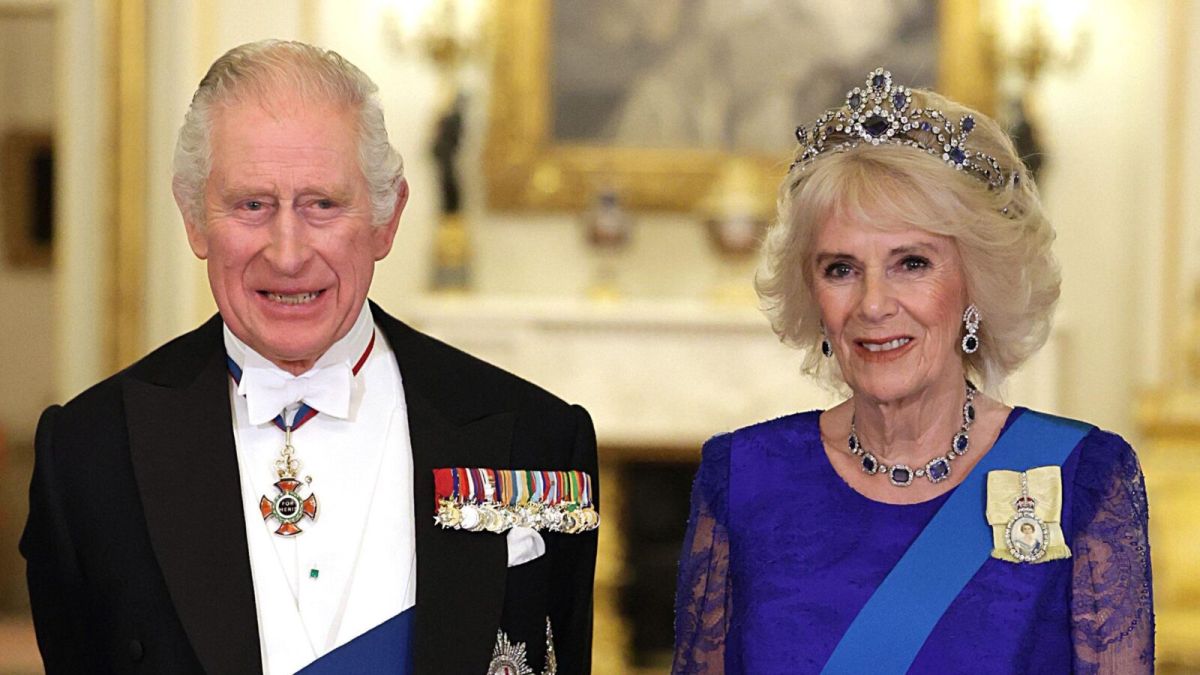What does the Coronation of the King of Charles III mean for Africa and the Commonwealth?

As King Charles III ascends to the British throne as the head of the Commonwealth, Africa's 19 member nations face both challenges and opportunities. Amid a rapidly changing global landscape, the King's coronation signals a new era for the organization, prompting a reevaluation of its priorities and effectiveness in addressing pressing global issues.
The coronation of King Charles III, the new King of England, Wales and Scotland has piqued the interest of many nations within the Commonwealth, particularly in Africa, as it signals a new era of leadership and direction for the organization. As the head of the Commonwealth, King Charles III will play a vital role in shaping the future of this diverse group of nations, facing unique challenges in a rapidly changing world.
The King's role as the head of the Commonwealth is a largely symbolic one; however, it carries significant influence in promoting unity and cooperation among its 54 member states. With nearly 2.5 billion citizens from diverse cultural, religious, and economic backgrounds, the Commonwealth is a truly global organization, and Africa plays a significant role, being home to 19 member nations.
The coronation of King Charles III offers an opportunity for the Commonwealth to reevaluate and refocus its priorities. As the world faces a multitude of challenges, including global inequality, and health crises, the King's leadership could play a critical role in fostering cooperation and driving positive change among the member states.
However, the road ahead for the Commonwealth and its African members will not be without challenges. The recent decision by Barbados to become a republic and pull out of the Commonwealth serves as a stark reminder of the organization's changing dynamics. The departure of Barbados has raised questions about the relevance and effectiveness of the Commonwealth in addressing the needs and aspirations of its member states in the 21st century.
For African nations, this changing landscape offers both challenges and opportunities. On one hand, the Commonwealth provides a platform for dialogue and cooperation, enabling countries to collaborate on critical issues such as trade, education, and environmental sustainability. The shared history and cultural ties among the member states can also foster a sense of solidarity and unity in addressing global challenges.
On the other hand, some African nations may view the coronation of King Charles III as an opportunity to reassess their relationship with the Commonwealth and consider whether it continues to serve their best interests. As the world moves towards a more multipolar order, some nations may seek to forge new alliances and partnerships beyond the Commonwealth, focusing on regional organizations such as the African Union, the East African Community, and the Southern African Development Community.
In conclusion, the coronation of King Charles III as the head of the Commonwealth signifies a new chapter in the organization's history. It presents an opportunity for African nations to reevaluate their role within the Commonwealth and to seek new ways of collaborating on pressing global challenges. While the road ahead may be fraught with uncertainties, the potential for a renewed and revitalized Commonwealth remains, offering hope for a more prosperous, equitable, and sustainable future for all its member states.



